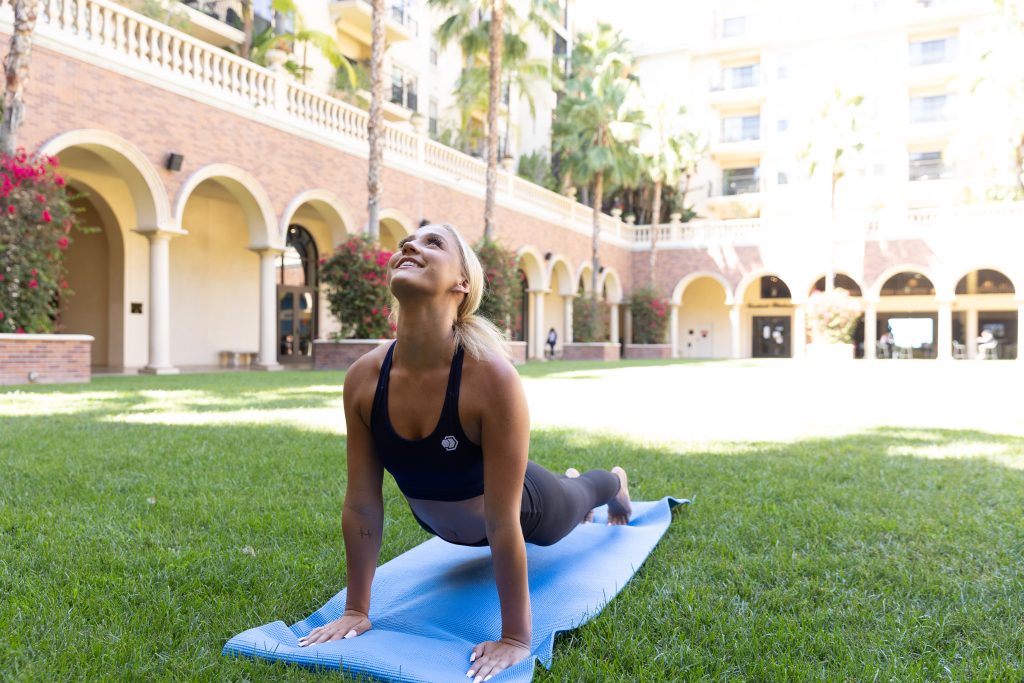The benefits of exercise extend beyond increases in stamina and muscle mass. Physical fitness, weight loss, and a longer lifespan are just few of the benefits of regular exercise. But that’s not why most people work out regularly.
Regular exercise is popular among health-conscious individuals because of the immense sense of well-being it provides. They get to experience increased vitality and positivity throughout the day, enhanced memory retention, a higher quality of sleep, and a general sense of calm and contentment.
When we are sad, worried, stressed, or have other mental or emotional problems, it can seem like we have to work twice as hard. We know that exercise will make us feel better, but depression has left us without the energy and motivation to work out. Why is it so hard to be motivated?
- Your dopamine is low
- Dopamine is the neurotransmitter in your brain that makes you feel excited and enthusiastic. When you have low dopamine, your brain chemistry tells you not to get up and move.
- You are anxious how people will perceive you
- It is common to have social anxiety, and a lot of people see the gym as a big social area.
- Negative self-talk
- Everyone has insecurities that push us down. It is hard to get out of that negative mindset.
Still, it’s easier to say how to do something than to actually do it. Exercise problems are very real, especially if a person also have trouble with their mental health. Here are some ways to get around them:
It’s fine to start out slowly. In fact, it’s logical!
Better to start with goals you can reach and build from there. You don’t have 30 minutes to do yoga or ride your bike? Don’t be afraid. Think of physical activity as a way of life, not just as a task you have to do. Look at your daily schedule and think of ways you can sneak in some exercise here, there, and everywhere.
Schedule workout when you have the most energy.
That could be first thing in the morning before work or school, at lunch before the afternoon slump, or for longer sessions on the weekend. If you feel tired and unmotivated all day because of depression or anxiety, try dancing to some music or just going for a walk.
Even a little bit of activity is better than nothing.
If that still sounds scary, don’t give up. Even a short amount of exercise is better than none at all. If you don’t have time to exercise for 15 or 30 minutes, or if your body tells you to stop after 5 or 10 minutes, that’s fine. The more you work out, the more energy you’ll have, so eventually you’ll feel ready for a little more.
People don’t have to spend hours in a gym or put themselves through long, boring workouts to take advantage of exercise. These suggestions might assist them in finding activities that they enjoy so that they can begin to feel better, look better, and get more out of life!
Written by: Joy Rosales


